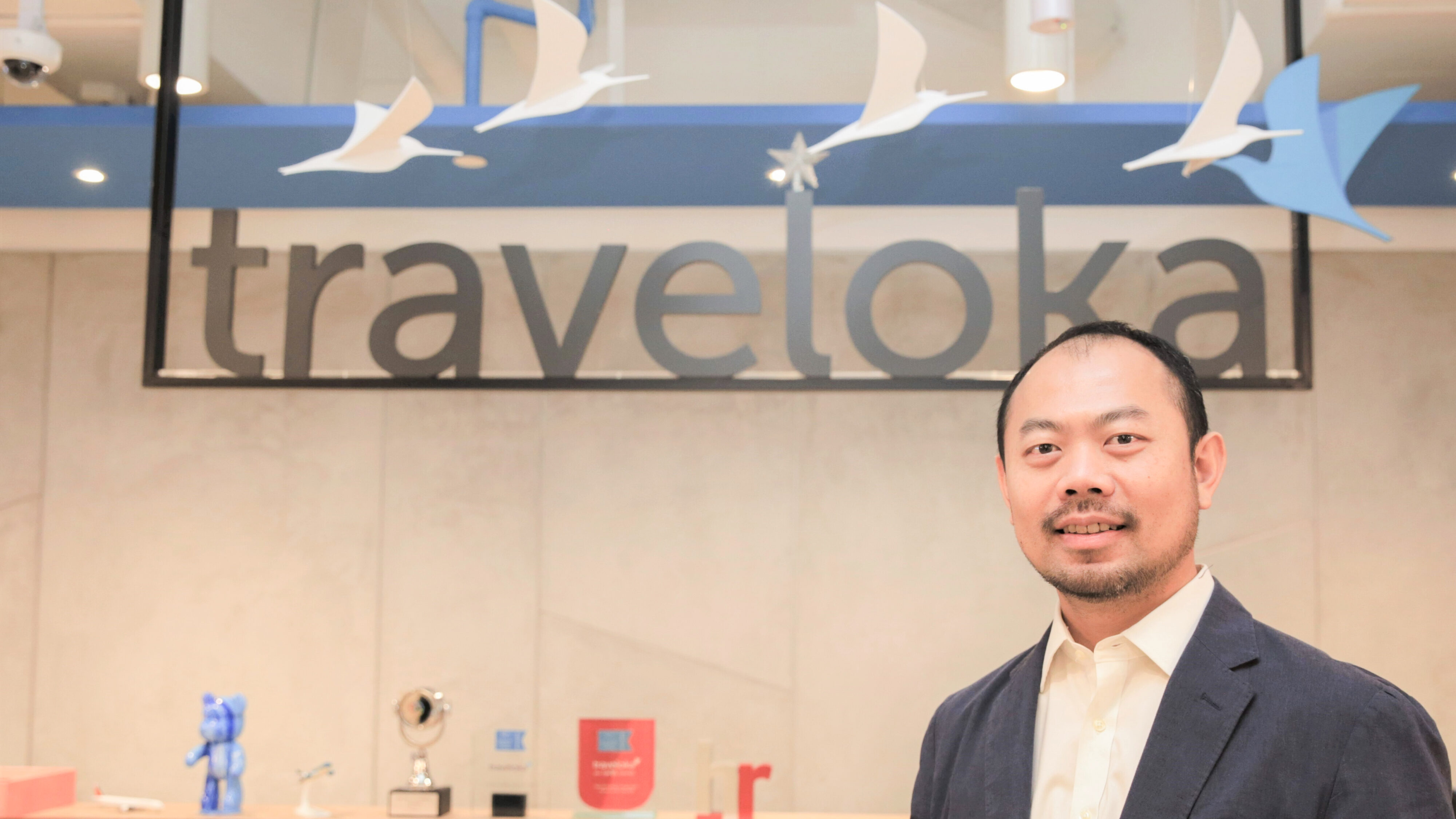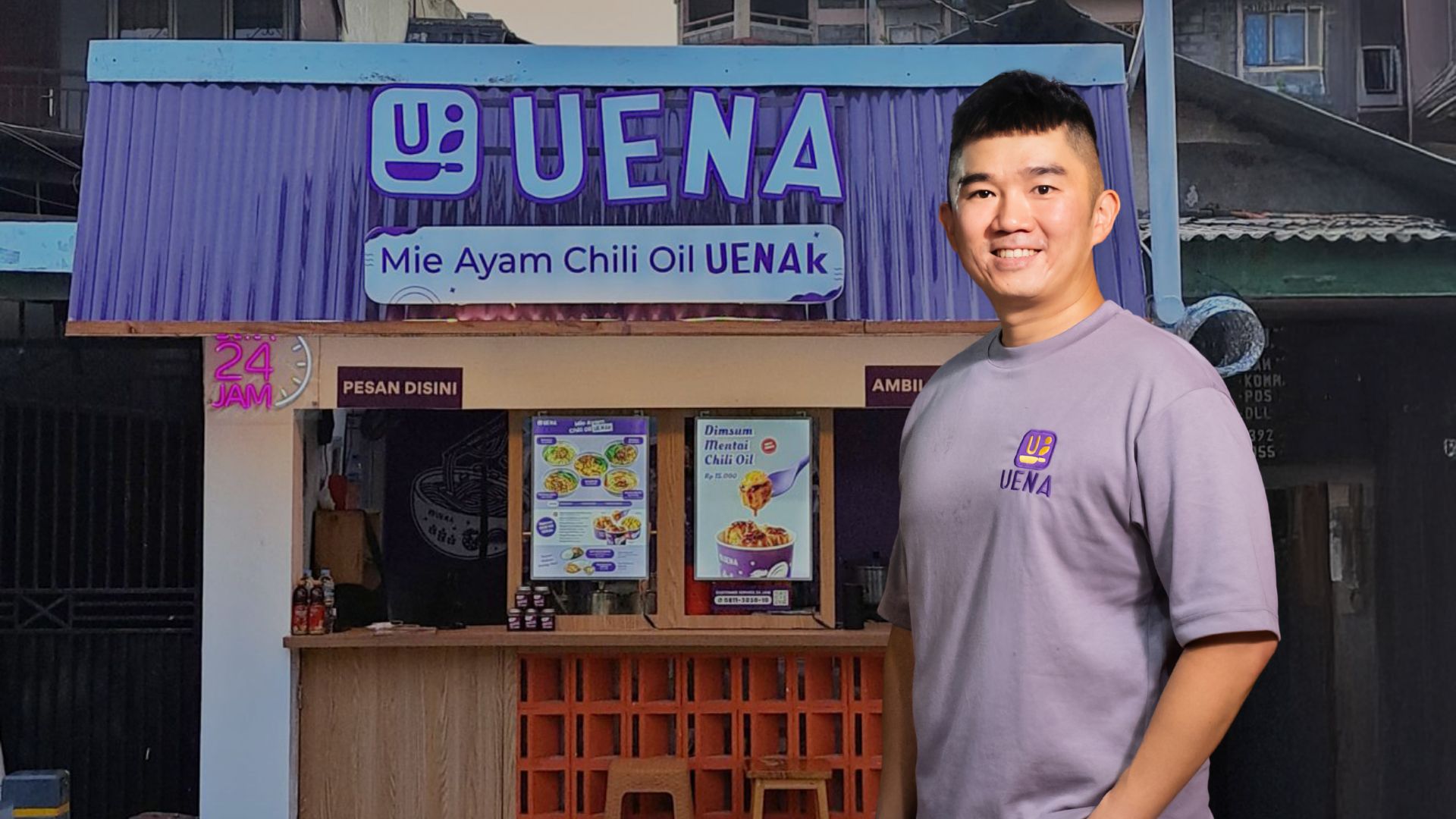Online booking unicorn seeks ‘quality’ partnerships for wider ASEAN market share.
Traveloka, Indonesia’s leading online travel booking site, will roll out more sustainable travel options for users this year, the company’s president told Nikkei Asia, as the tech unicorn aims to expand its share in Southeast Asia’s growing market.
“We want to present the most comprehensive selection but also high quality,” Caesar Indra said in a recent interview. “We’ve been committing and playing more role[s] towards the sustainable tourism objective in Southeast Asia.”
Since last year, Traveloka has partnered with the Global Sustainable Tourism Council (GSTC), a nongovernmental organization that sets international standards in travel and tourism, offering a series of training programs on sustainable tourism and best practices for its hotel partners in Indonesia.
Led by GSTC, each program consists of two and a half days of offline full-time training or four weeks of online part-time training. After sponsoring the programs at home, Indra said, Traveloka will offer them in regional markets, starting with Vietnam, Malaysia and Thailand this year.
Once hotels complete the program and get certified, Traveloka users get to see and choose the hotels that operate sustainably. Currently, Traveloka only lists those in Indonesia, where just nine hotels have received GSTC certification, the company said.
Traveloka aims to increase the number of certificated facilities in its network as part of its push for a wider regional market share. Indra said the company is also looking into additional functions, including ways to track and monitor emissions “to help users reduce the carbon footprint from their travel.”
The company’s effort comes as growing numbers of Asian travelers are reassessing how they travel in order to reduce environmental harm, according to Indra, as they seek to lower their negative economic and social impacts on the community and environment at their destination.
“We are getting close to pre-pandemic levels,” Indra said, adding that Traveloka began this year with bookings more than doubling from a year ago.
He said the trend has been reinforced since the coronavirus pandemic, which led to suspensions of cross-border travel but eased stress and pollution at some of the most iconic tourist spots.
From hotels, tour operators and transportation providers, companies are increasingly responding to demands for sustainable tourism, and Traveloka is no exception.
According to a recent survey by the company, more than 98% of respondents found the option to easily identify sustainable accommodations helpful, while 55% said they would be willing to pay a premium for such accommodations.
“It’s quite a different trend versus the pre-pandemic,” Indra said. “We want to give this choice to customers and empower them to make selections based on their preference.”
In recent years, the Indonesian and Thai governments have also emphasized environmental protections for sustainable tourism. Singapore, which aims to achieve net-zero carbon emissions by 2050, aims to raise the number of hotels with sustainability certification, including by GSTC, to at least 60% by 2025.
Founded as an aggregator and search engine for Indonesian flights in 2012, Traveloka quickly shifted to offering its own airline and hotel bookings. The company now operates in six Southeast Asian markets, with over 200 airlines and 1.8 million hotels on display, and says it has 55 million monthly active users.
While Indra said Indonesia is “still the majority of our business” and the company is “a dominant player” in its home market, it is also focusing on regional markets, particularly Thailand and Vietnam, for further growth.
Besides online bookings, Traveloka provides financial services from digital payment to insurance. In 2018, the company launched its own “buy now, pay later” digital credit service, as many Indonesians still do not have access to credit cards and bank transfers remain the main payment method.
Indra said Traveloka’s postpaid payment service, which is currently only available for users domestically, will also be progressively rolled out in neighboring markets. “There are other markets that we plan to look into, as well as outside Indonesia, through partnerships with financial service companies,” he said.
Despite entering the financial space, Indra stressed that the travel sector will continue to be Traveloka’s main focus. “When we develop products and services, it’s really to support travel as a core business,” he said.
Traveloka is known as the Southeast Asian equivalent of the U.S. travel booking service Expedia. Its backers include Expedia Group, Singaporean sovereign wealth fund GIC and the Qatar Investment Authority.
Like many travel companies, however, Traveloka has been hit by the pandemic. The company was forced to reduce its head count and reimburse travel expenses as overseas travel revenue came to a halt at the beginning of the global health crisis.
But Indra said, “We are getting close to pre-pandemic levels,” and added that the company began this year with bookings more than doubling from a year ago.
The recovery in overseas travel has been driven by the easing of pandemic-related restrictions globally, including a “slow but quite steady” return from China after the country ended its zero-COVID policy in December.
According to a 2022 study of six Southeast Asian countries conducted by Google, Temasek Holdings and Bain & Co., the total volume of online travel services in the region is expected to reach $44 billion in 2025, up 38% from 2019.
Booking sites like Traveloka typically adopt an agent-based business model, taking a portion of sales as commissions. Traveloka sees creating more user-friendly functions, including displaying certified hotels, as helping it attain more frequent users on its platform and in turn increasing revenue per user.
Traveloka is believed to have ample cash, having raised $300 million last year from several investors, including U.S. asset manager BlackRock and the Indonesia Investment Authority. But like many tech unicorns, it is still in its investment phase, and achieving profitability remains a challenge.
Traveloka was reportedly aiming to go public as early as 2021, but that has not materialized. Indra declined to comment on any initial public offering. A public listing is “not really the [company’s] focus right now,” he added.
“We still are disciplined in terms of running our business and managing our finances,” Indra said. “We want to continue to invest in areas of growth, especially capturing the opportunity as the industry recovers.”
Original article on Nikkei Asia, 13 March 2023.







